Discover Generation Jihad
Generation Jihad

Generation Jihad
Author: FDD's Long War Journal
Subscribed: 347Played: 19,312Subscribe
Share
© All rights reserved.
Description
The war against Islamic Jihadism is defining generations. It was our father’s war, it’s our war, and will most likely be our children’s war. The FDD' s Long War Journal team has been researching and reporting for over two decades on the jihadists fueling this terror. “Generation Jihad” features LWJ Editors Bill Roggio and Caleb Weiss as they diagnose the black and white motivations behind the world’s most notorious terrorists, report on their expanding malign activities, and offer their prescriptions for confronting the multi-generational menace that is Islamic Jihadism.
278 Episodes
Reverse
Will the next phase of the Long War erupt inside a nuclear-armed state?The Taliban, a monster Islamabad built but can’t control, is waging a war against Pakistan — and it shouldn’t surprise anyone. After decades of Islamabad playing both arsonist and firefighter — nurturing the Taliban, harboring al Qaeda, and weaponizing jihad against India — Bill Roggio and Tom Joscelyn reunite to dissect why the blaze is finally backfiring on Pakistan.
Guest host Behnam Ben Taleblu and FDD’s Janatan Sayeh delve into the complexities of Iran's internal politics, implications of the recent 12-day war, and ongoing discussions surrounding the truth about the Islamic Republic’s nuclear ambitions. They unpack the regime's strategies, the impact of social media on public perception, and the challenges faced by regime leadership in maintaining “legitimacy” and control.
There’s a ceasefire in Gaza — not a peace deal. Hamas won’t disarm, the Houthis won’t quit, and Iran’s already rebuilding. Bill Roggio and Edmund Fitton-Brown unpack the unfinished wars still burning from Yemen to Tehran and trace the next fronts in this Long War.
Bill Roggio, Sinan Ciddi, and Ahmad Sharawi discuss the brewing fight between Erdogan's Turkey, the SDF, and Sharaa’s Syria.
Two years after the Iran-backed, Hamas-led attack against Israel on October 7, 2023, Israel remains locked into a multi-front, defensive war against the Islamic Republic and its patrons — including Hamas, Hezbollah, and the Houthis. Bill Roggio and Joe Truzman look back at how 10/7 reshaped the region, what’s surprised them most, and why the conflict is far from over.
Ahmad Sharawi is back with Bill to discuss the ongoing Sharaa spectacle, from massacres whitewashed and sanctions lifted with no conditions to foreign fighters handed Syrian citizenship — in its rush to embrace him, is the West willfully ignoring Sharaa’s blood-soaked past?
Ahmed al-Sharaa used to be known as Abu Mohammed al-Julani — al Qaeda’s man in Syria. Now he’s known as the president of Syria. He’s in New York City this week, headlining the UN General Assembly (UNGA), fraternizing with world leaders and meeting with senior Trump administration officials like Secretary of State Marco Rubio. He was even hosted by a prominent think-tank for a fireside chat with General David Petraeus, a self-described “fan.” Why is everyone so eager to embrace someone with a record of terror? Tom Joscelyn is back with Bill to unpack Washington’s stunning, but not surprising, amnesia.
Four years after America’s chaotic retreat from Afghanistan, President Trump has said he wants U.S. forces back at Bagram — or as Bill and Tom call it: a fantasy. They explain why the Taliban will never allow it, China wouldn’t tolerate it, and Washington still hasn’t learned. From Doha to Abbey Gate, they retrace how America’s exit empowered jihadists—and why talk of going back is pure madness.
Bill is joined by Joe Truzman and David Daoud to dissect Israel’s high-risk strike in Qatar that targeted senior Hamas leaders, including how it missed its top target, the blowback across the region, and what it might mean for the future of the Abraham Accords. They also assess the latest Israeli strikes on Hezbollah and IRGC targets in Lebanon as Israel's Long War expands.
Israel’s biggest strike yet on the Houthis killed 12 ministers — including their prime minister — signaling a major intelligence breakthrough in Yemen.Bill is joined again by Brad Bowman and Bridget Toomey to break down what this means for Israel’s fight against Iran’s Axis of Resistance, why targeting leaders (“the archers”) matters more than just shooting down missiles, and how the Red Sea conflict ties into a bigger global struggle with Iran, Russia, China, and North Korea.
President Trump’s red-carpet meeting with Vladimir Putin in Alaska followed with talks to Zelensky and European leaders could reshape the war in Ukraine. Bill is joined by Brad Bowman and John Hardie to unpack these meetings—from Putin’s demands and whether Washington risks handing Moscow a “bad peace,” to Ukraine’s manpower crisis and whether a ceasefire would buy Kyiv time or lock in defeat.
Israel’s push into Gaza City could decide the war’s next phase. Bill Roggio, Joe Truzman, and David Daoud unpack the high-stakes offensive and discuss the IDF’s manpower crunch, international backlash, Hamas’ refusal to disarm, and in Lebanon: Hezbollah warns of sectarian war if the government moves to disarm it.
In this co-host takeover, Joe Truzman and David Daoud cut through the very loud noises emanating from Beirut and Gaza — from Israel’s controversial killing of an Al Jazeera reporter it accused of Hamas ties to Lebanon’s unprecedented and ambitious push to disarm Hezbollah.
Bill, Joe, and David unpack Israel’s controversial decision to occupy Gaza City nearly two years into the war. From the absence of a viable “day after” plan and the Arab world’s refusal to police the Strip to the political, military, and diplomatic costs of Israel enmeshing itself deeper into Gaza, they examine whether or not this move can actually weaken Hamas.
Bill is joined by Caleb Weiss and Edmund Fitton Brown to analyze the UN's latest Analytical Support and Sanctions Monitoring Team report on the evolving threats posed by Al-Qaeda and ISIS — from their current state and leadership to the geopolitical influences at play and strategic significance of areas like Syria, Iraq, and Somalia.
Behnam, David, and Ahmad unpack the ongoing tensions in Syria and the country’s political landscape, the role of the Druze community, Iranian influence, Israel’s military strategy, and the broader implications for Israel and the United States.
Bill, Joe and Ahmad cut through the social media smokescreen surrounding Suwayda’s Druze‑Bedouin clashes, from shifting loyalties to regime reprisals, as well as unpack Israel’s Gaza City offensive.
Bill and Edmund Fitton‑Brown break down the post‑12‑day war chessboard: Houthis, Hezbollah, and Tehran’s other proxies—what they’ve learned, and where to anticipate the next flashpoint.
Bill, Ahmad, and Bridget unpack this week's biggest headlines out of the Middle East, including Druze militias overrunning Soweda as Israeli jets blast Damascus; anonymous drones torching Kurdish oilfields and U.S. posts; Yemeni forces intercepting 750 tons of Iranian arms—and more.
The Houthis are back at it—sinking ships, killing civilians, and holding crews hostage in the Red Sea. Bill is joined by his FDD colleagues Bridget Toomey and Bradley Bowman to unpack the details and discuss why Iran-backed proxies keep getting away with it—including how the U.S. “ceasefire” deal may have emboldened them. Also: Where’s Europe? And why does everyone seem more afraid of offending Tehran than protecting global shipping and freedom of navigation?


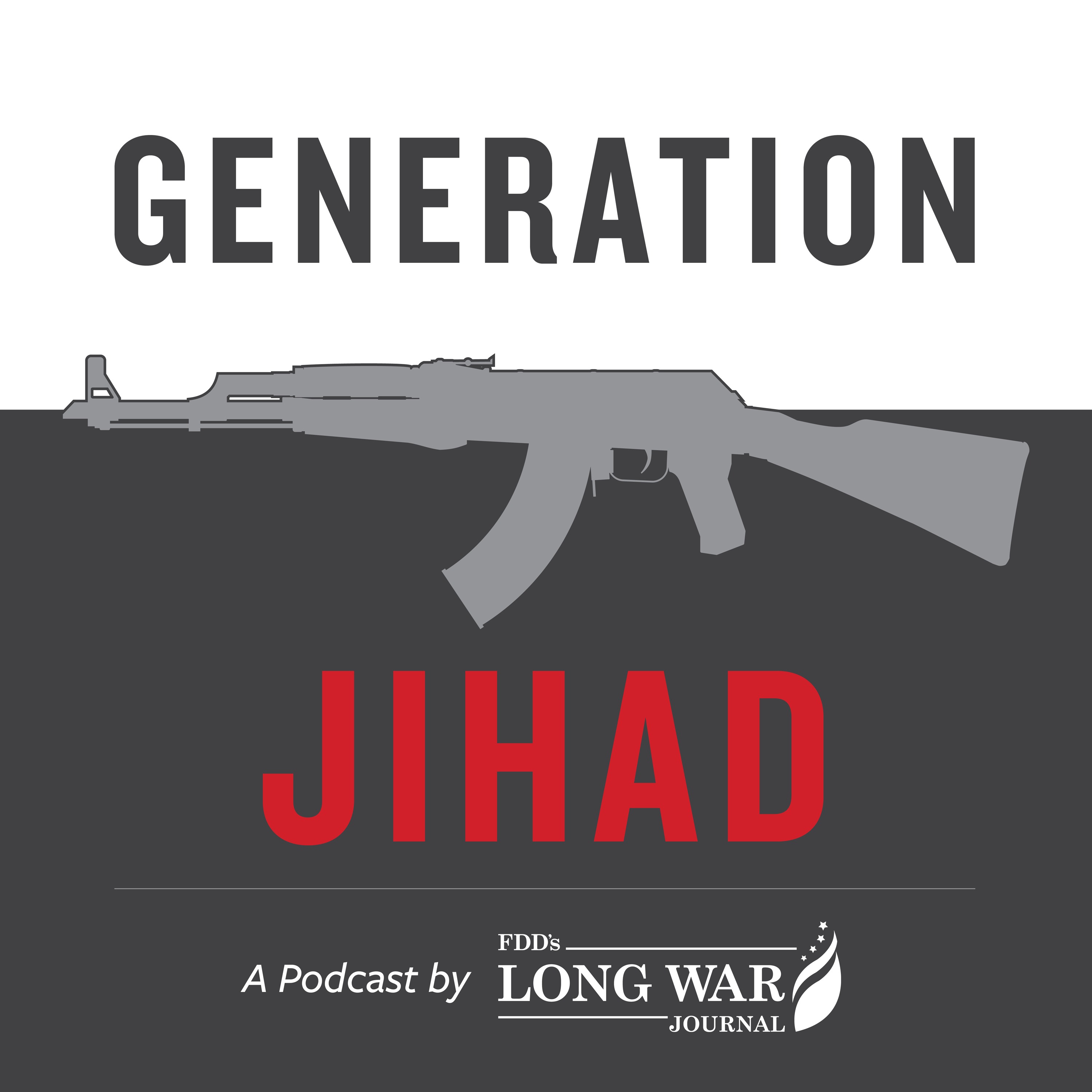
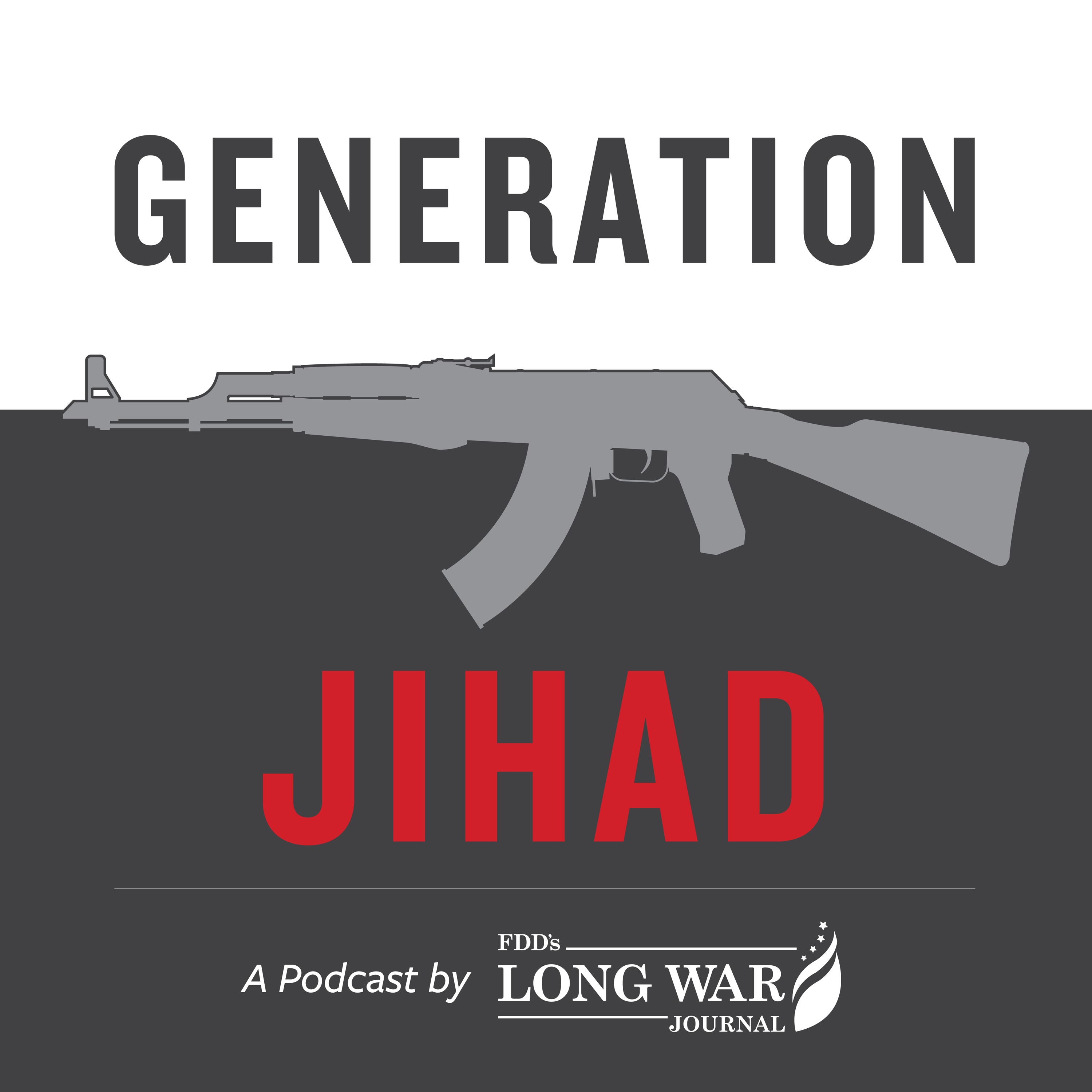
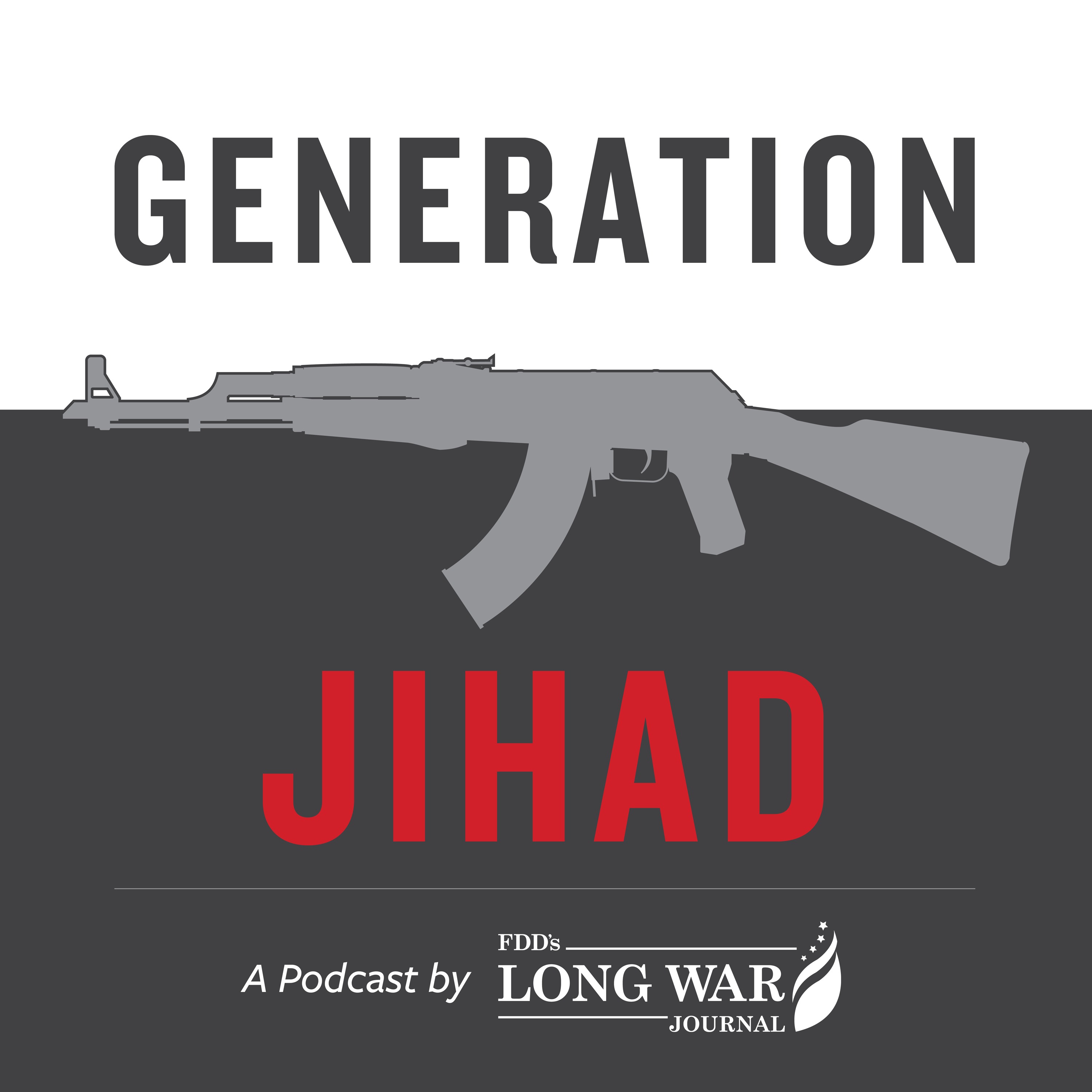
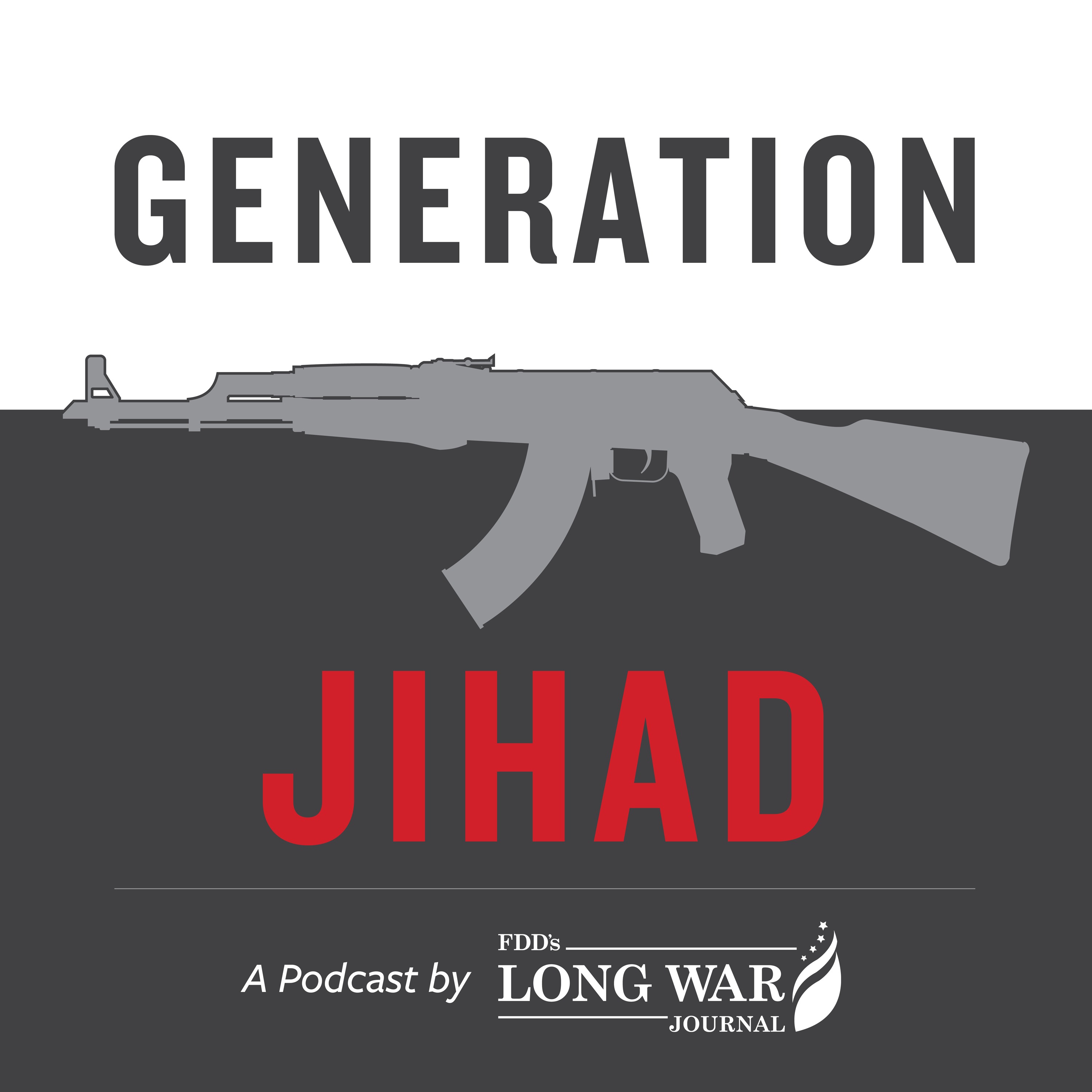
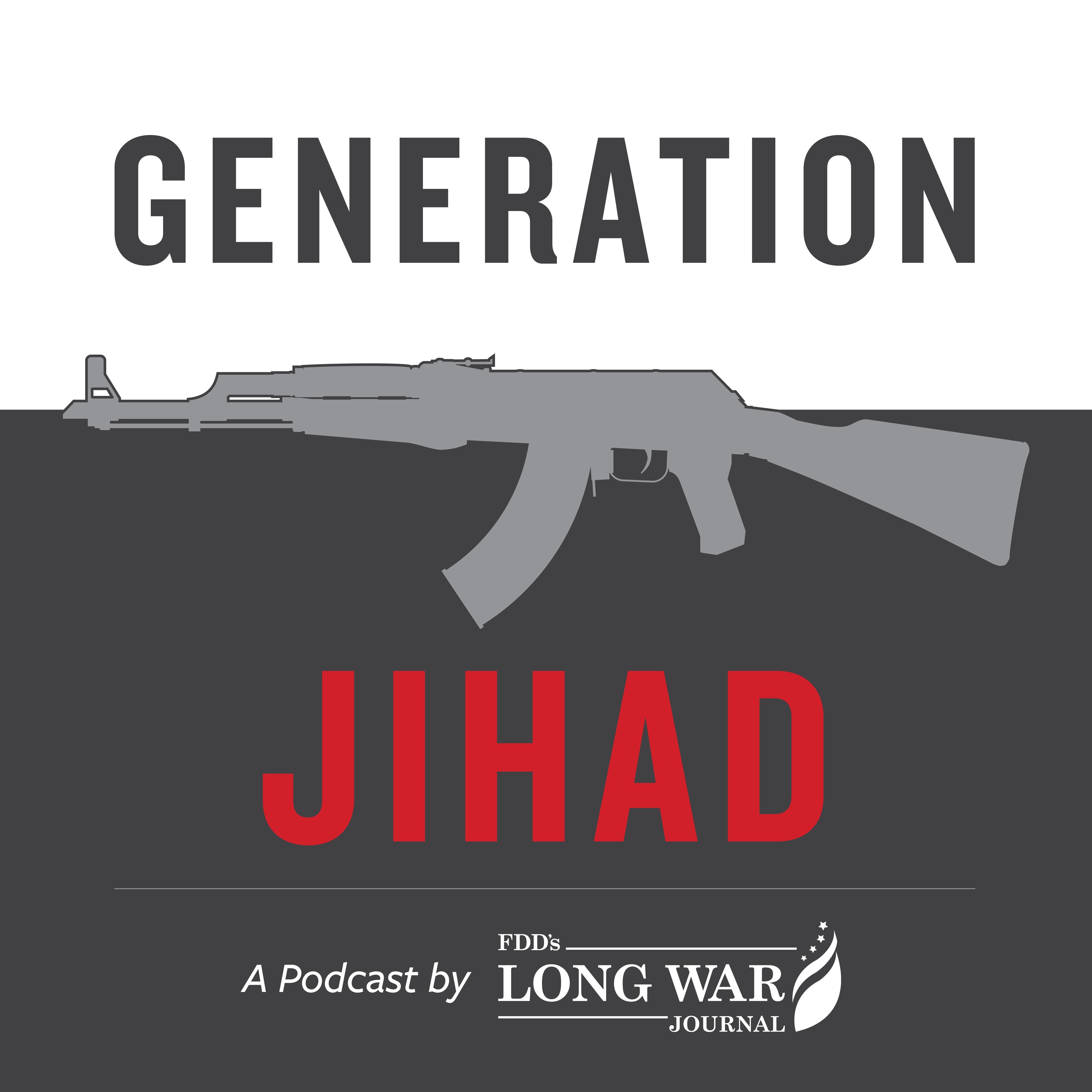
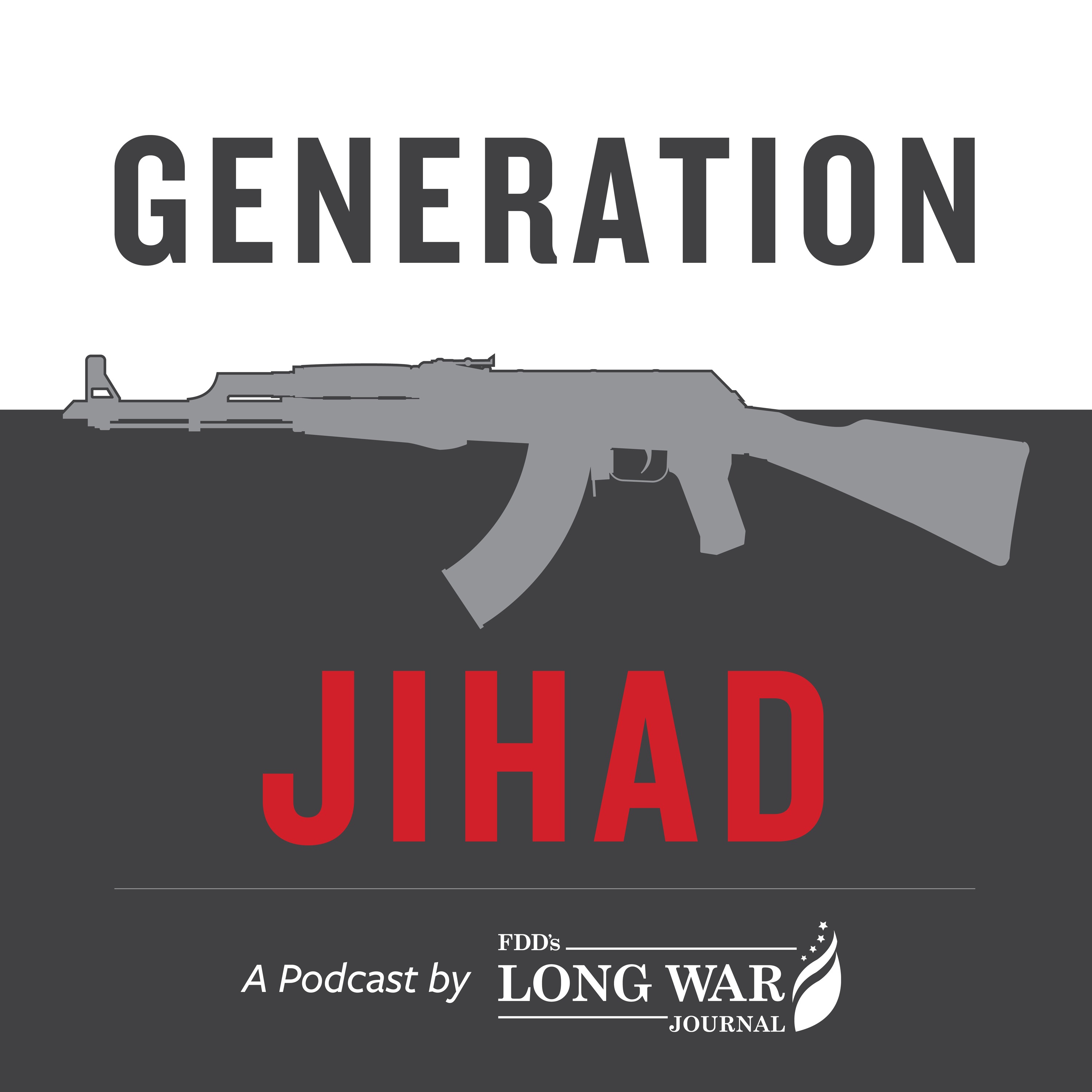
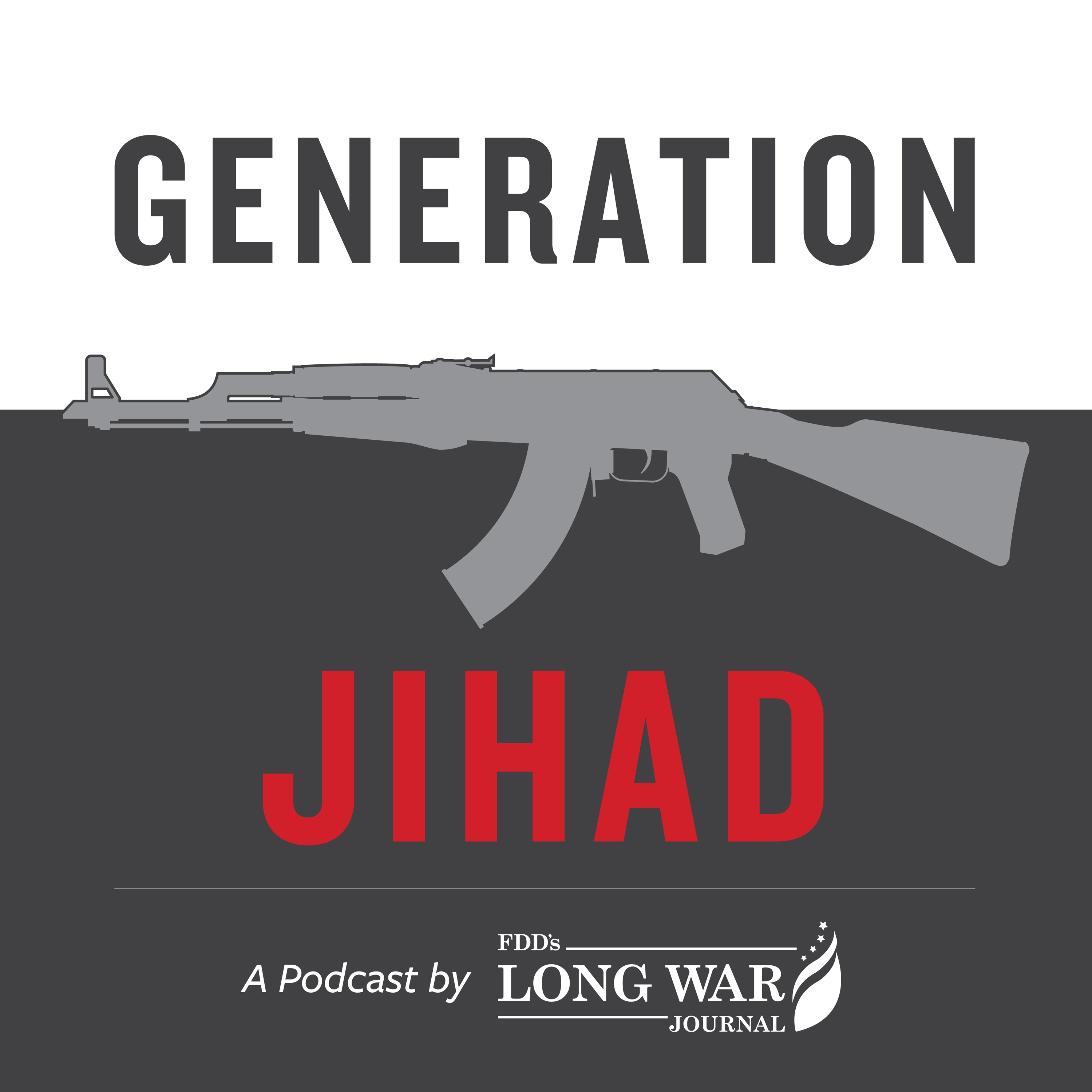
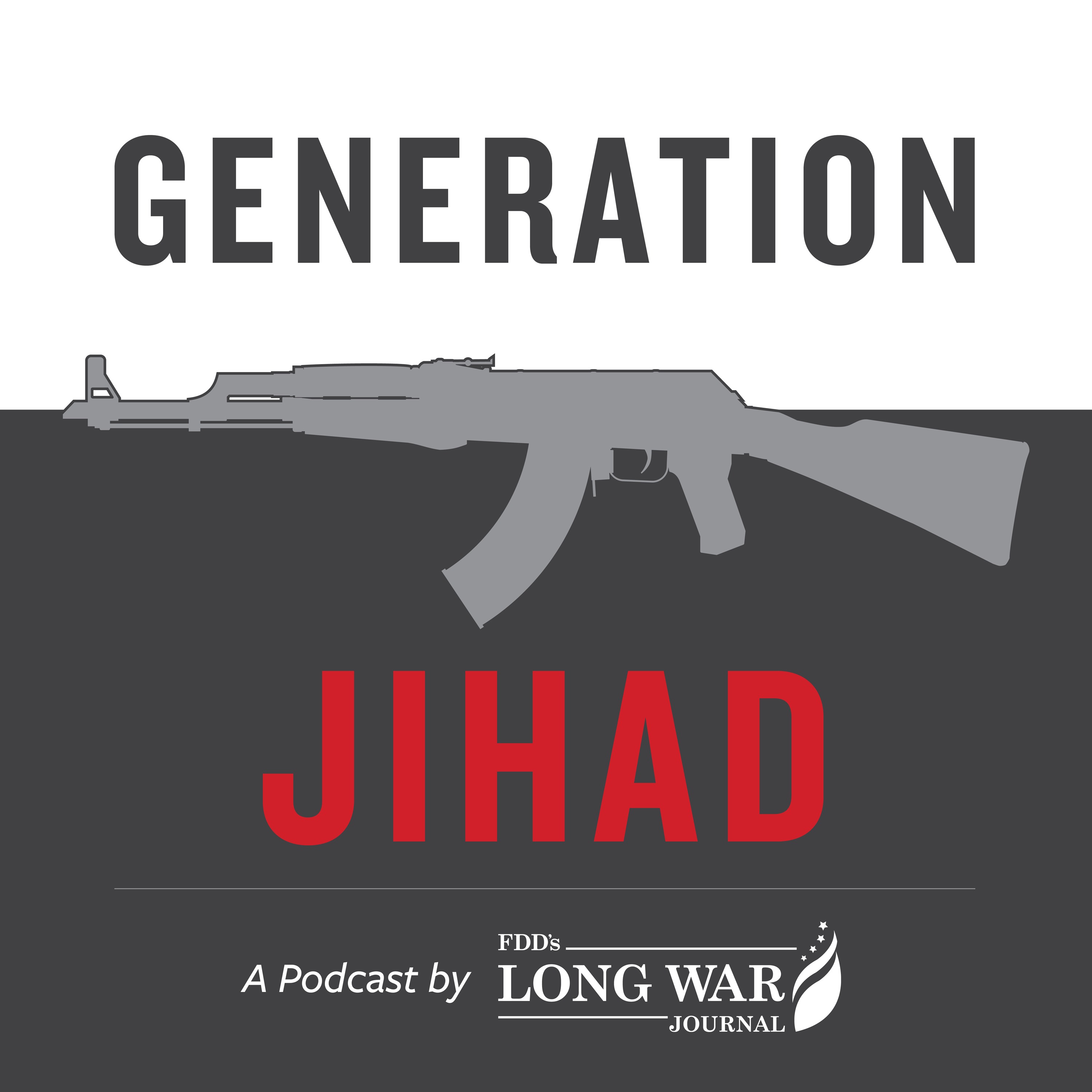
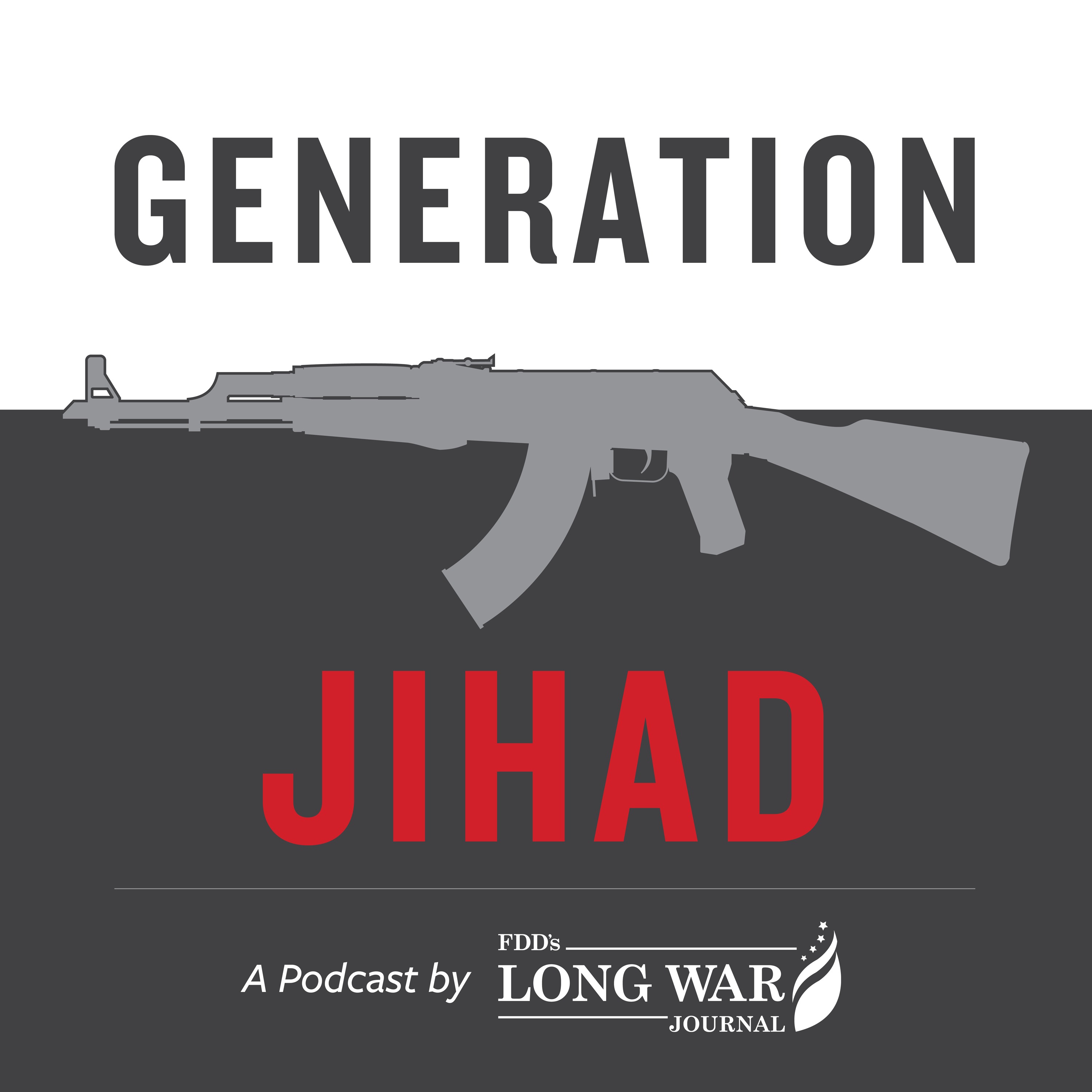
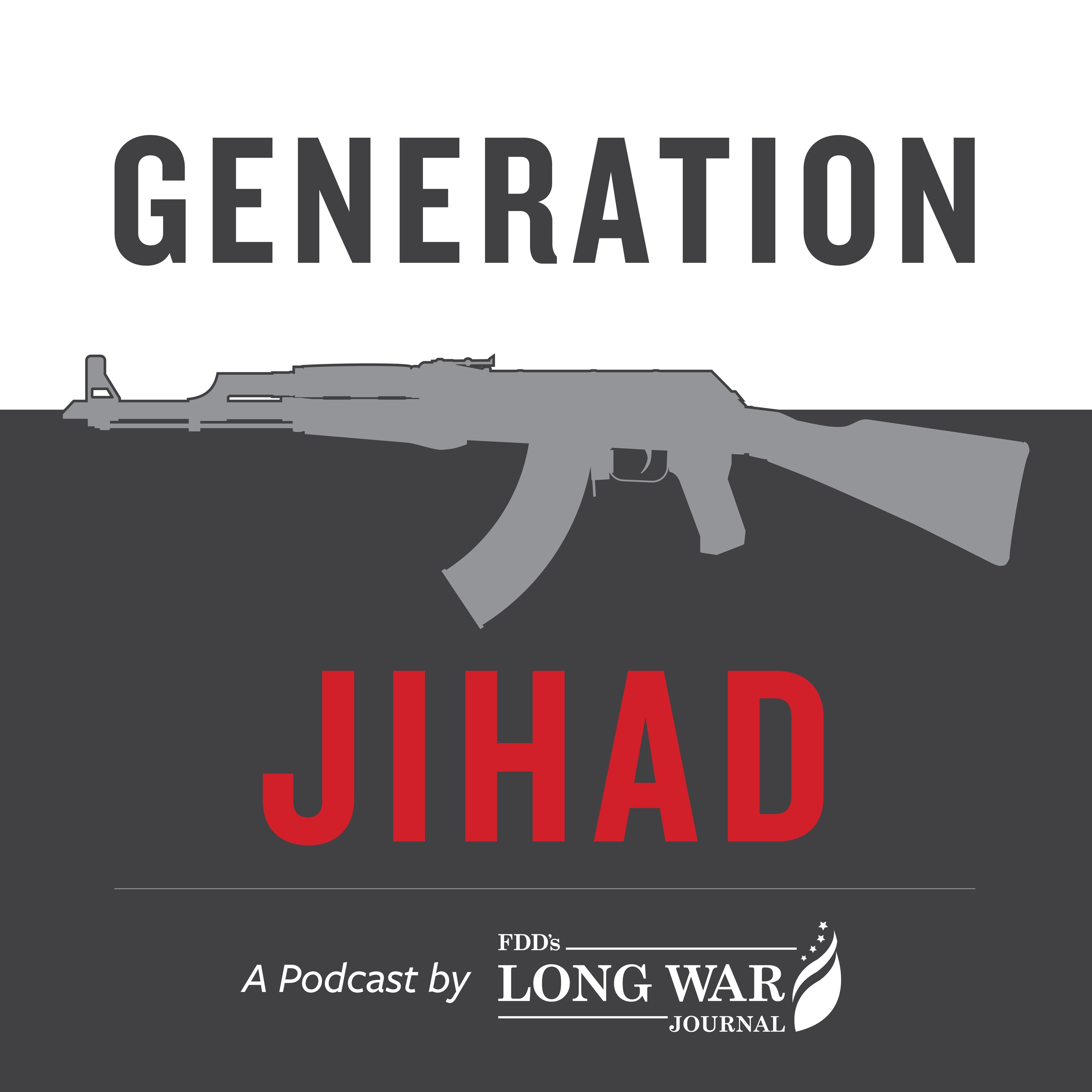
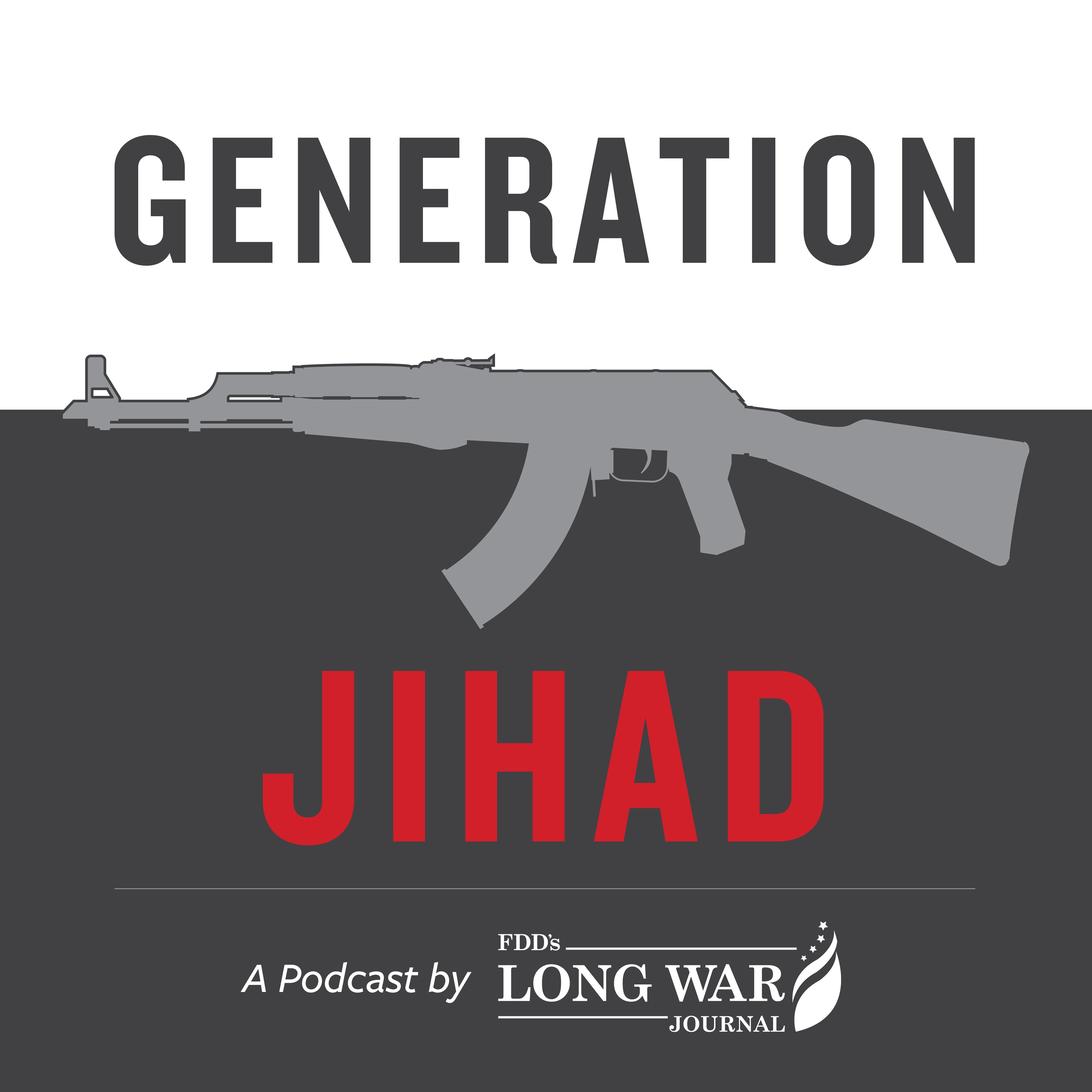
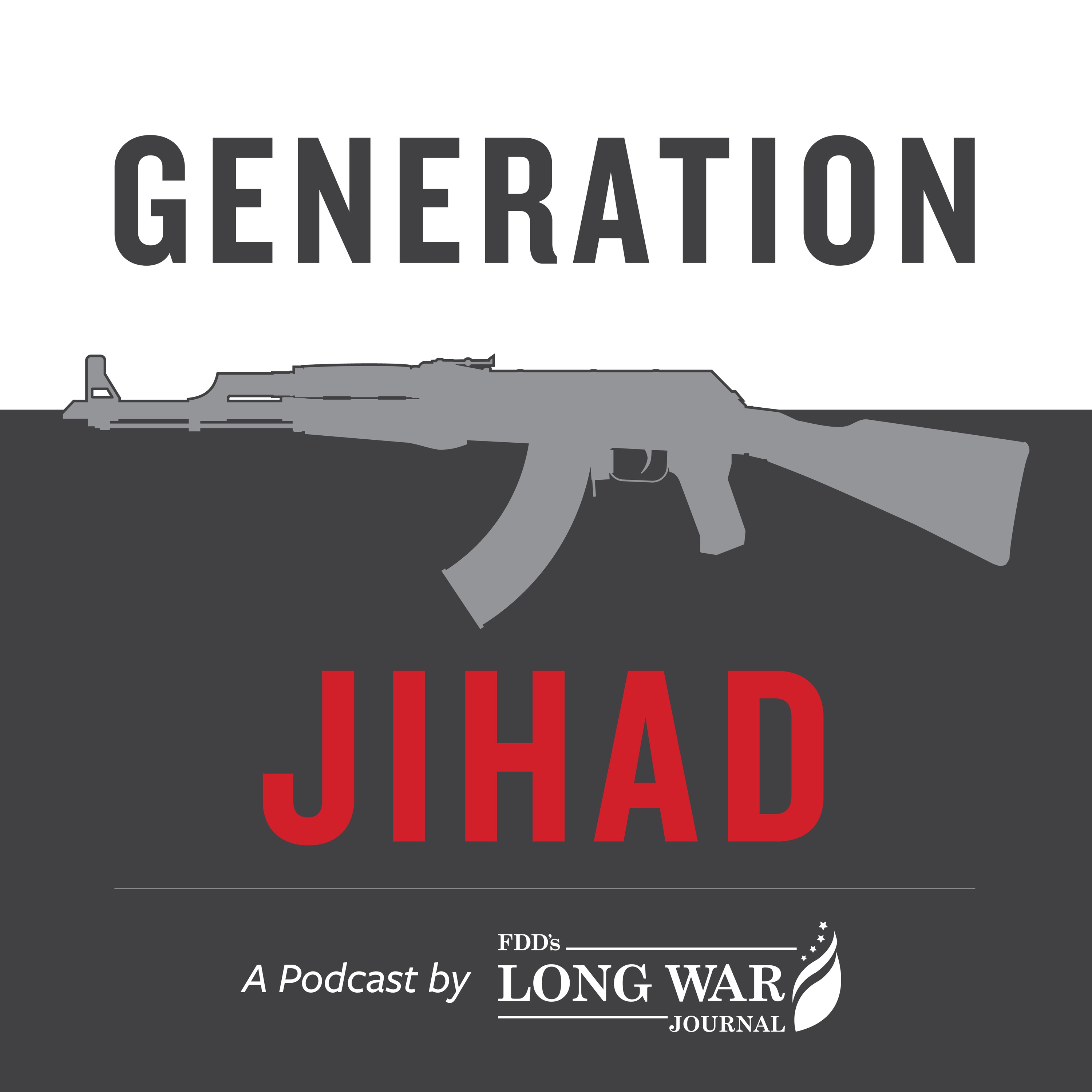
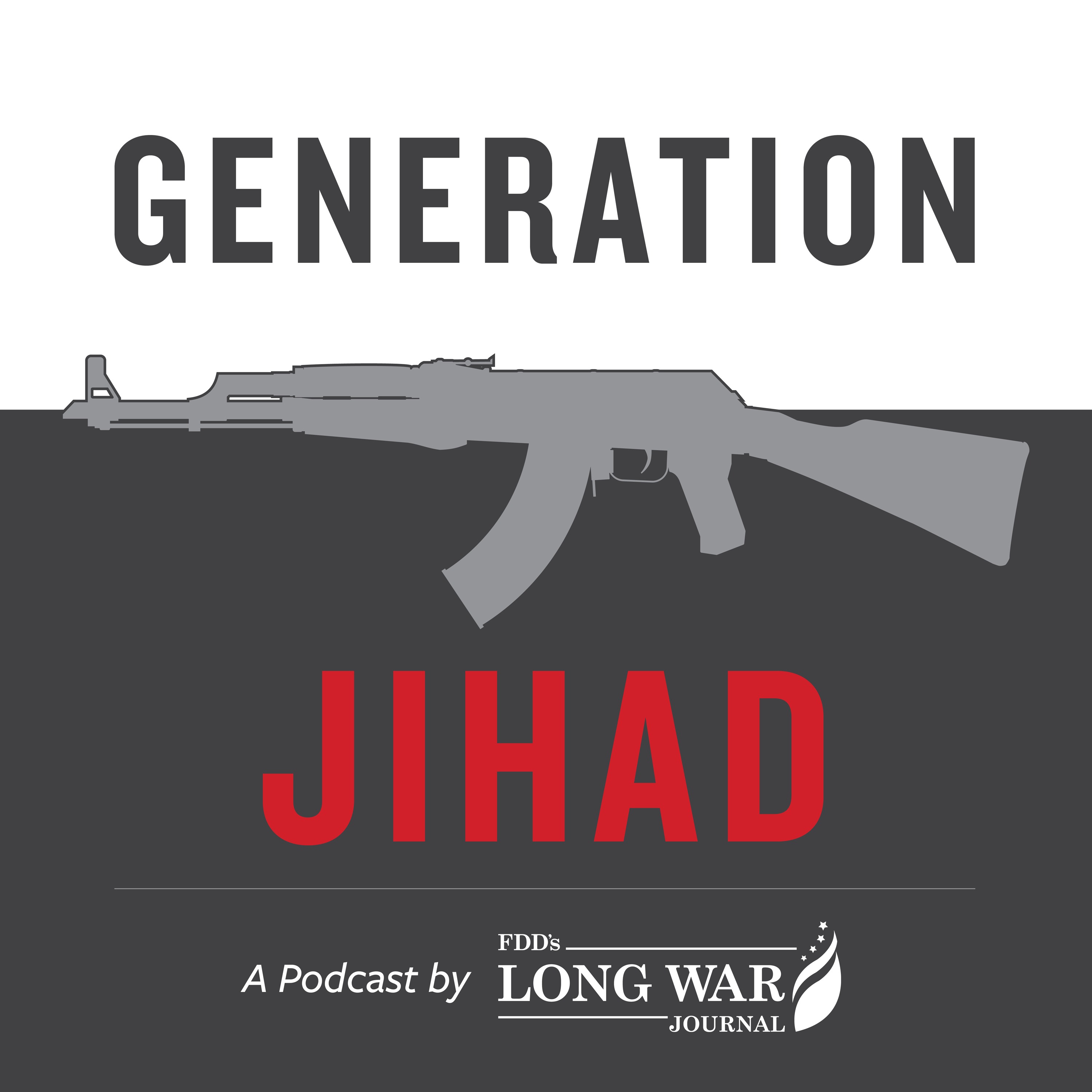
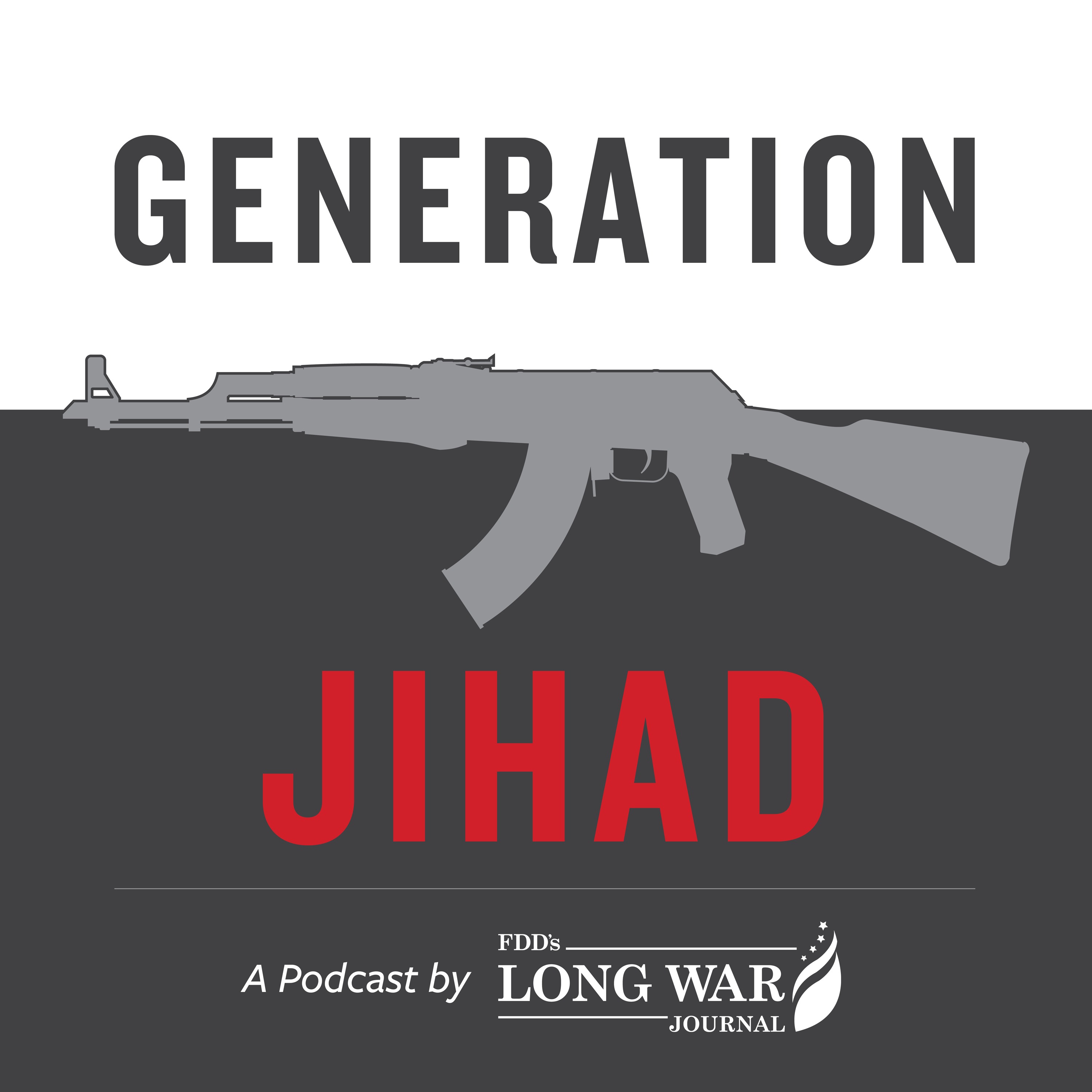
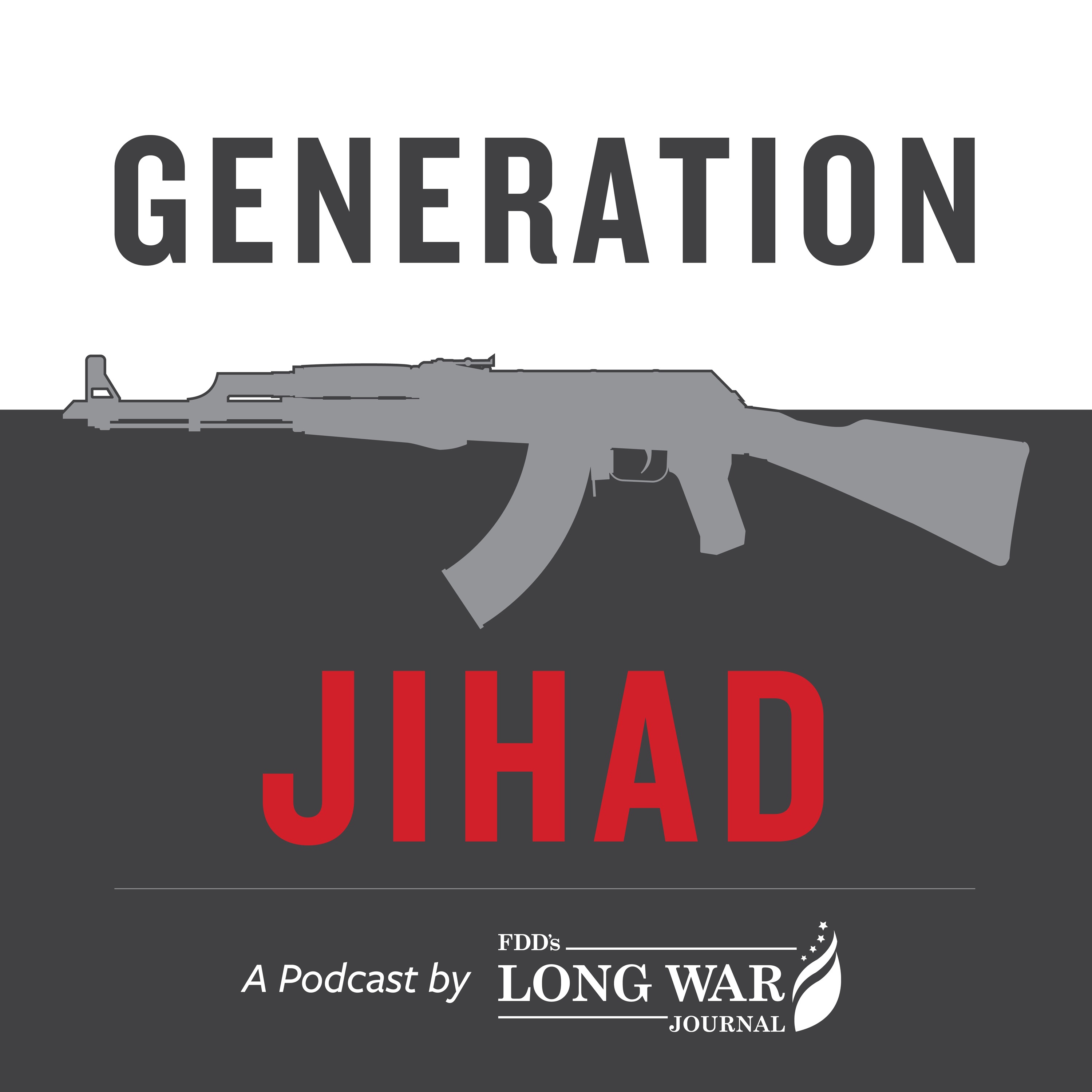
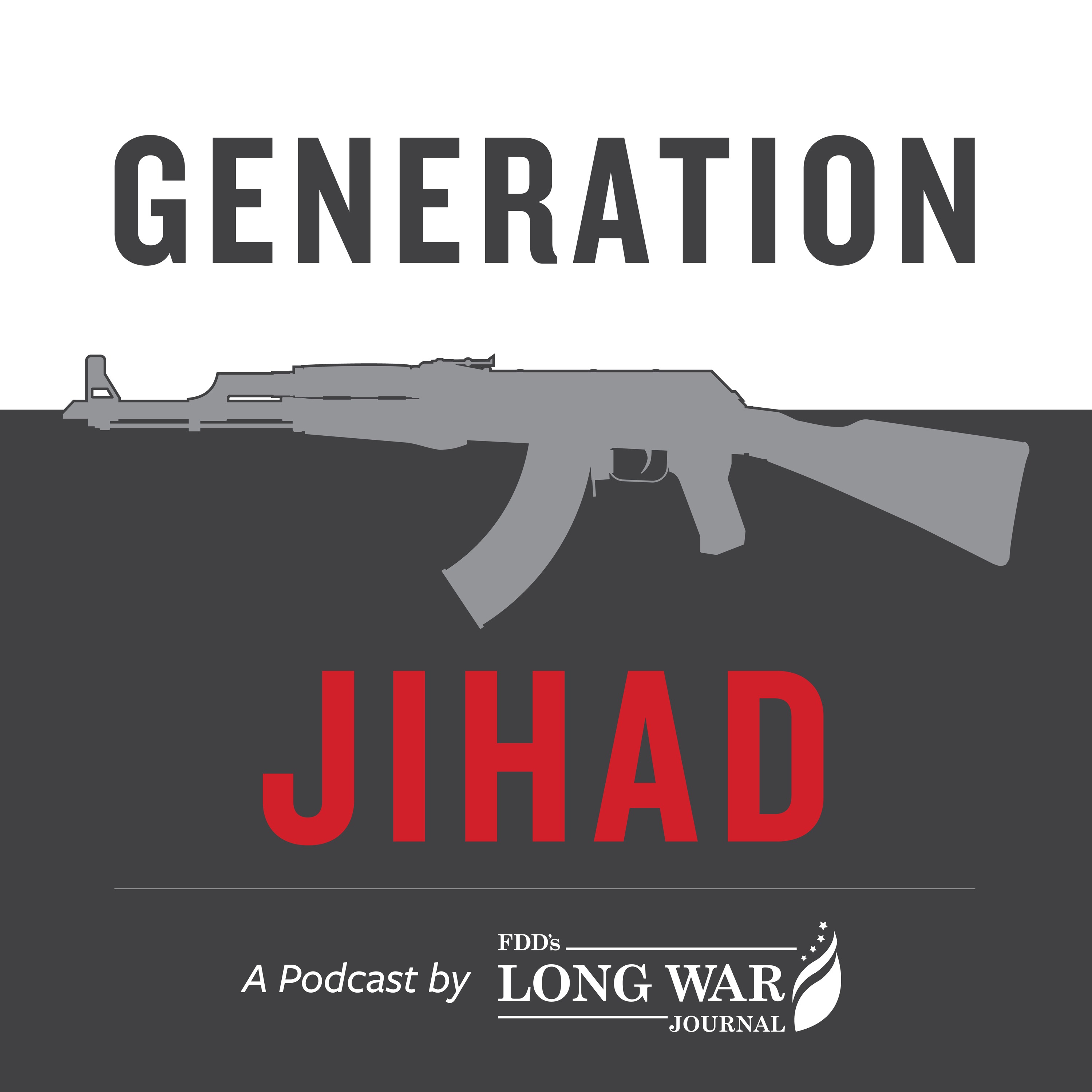
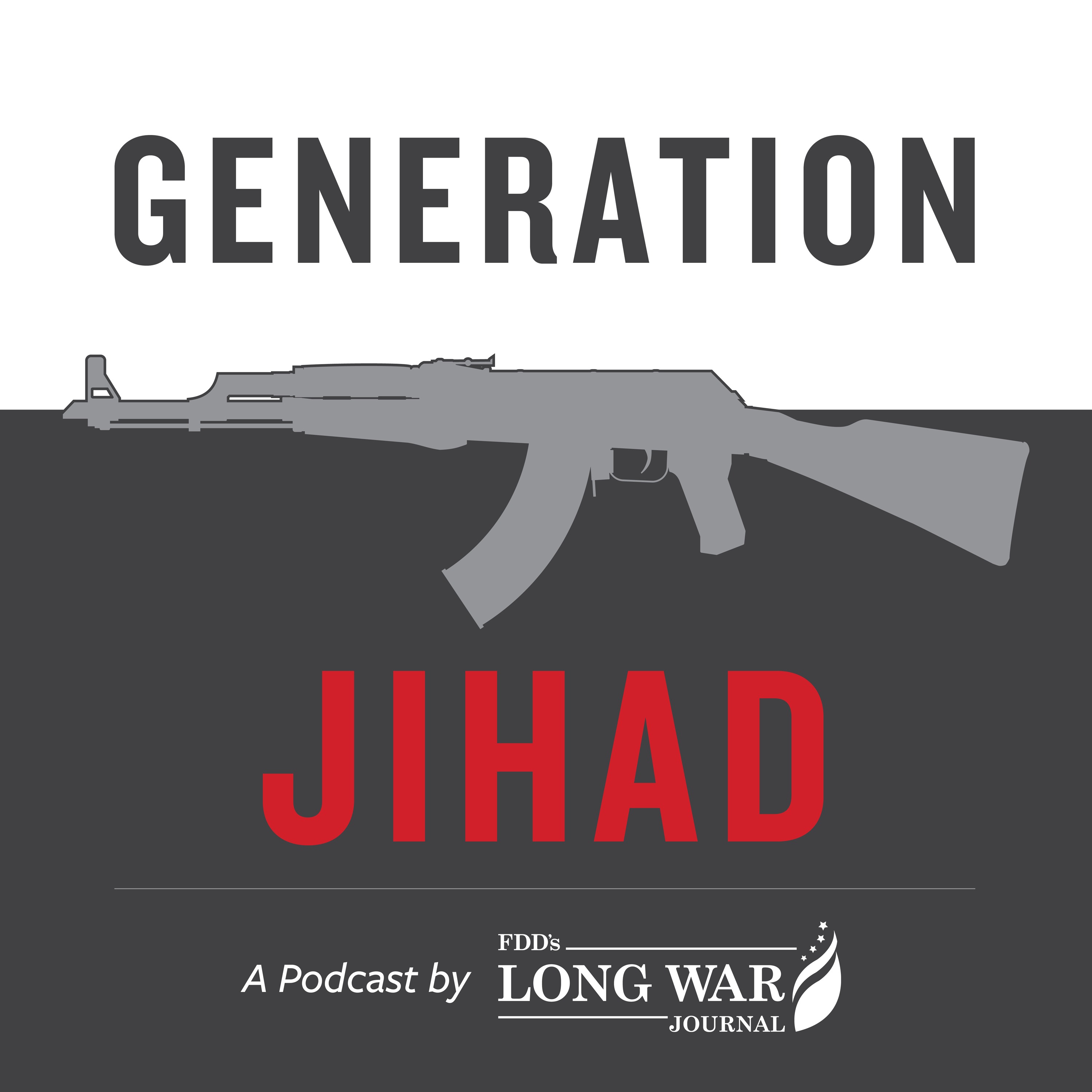
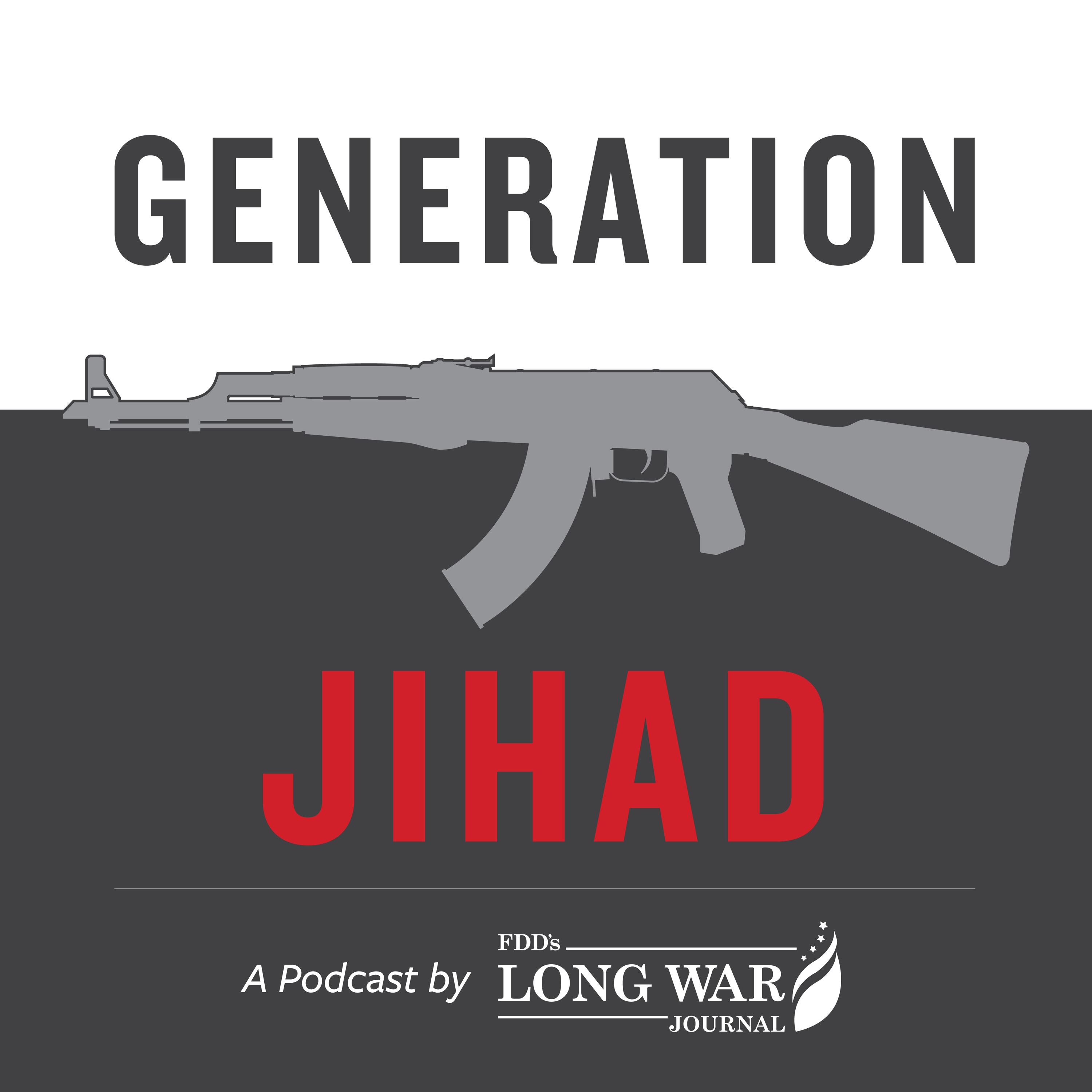



Saying Afghanistan fought the Soviets/communists "on behalf of the US" is an oversimplification at best and really a bit disingenuous.
Fuck anyone who supports Hamas and fuck all the prevaricators who fail to condemn extremist ideologies and, in doing so, normalize their support and create people like this murderer who think what they're doing is justified in support of a noble cause championing an oppressed people rather than killing in the name of terrorists. Make no mistake, you all bear responsibility for these killings and the actions of idiots like the killer.
Academic analysis of terrorist organizations and intelligence coups in the same episode with juvenile dick jokes. This is what I listen to Generation Jihad for. You just can't get that anywhere else. 😉
I served 3 tours in Afghanistan and as the leader of my unit I looked Afghan Intel sources, translators, tribal/village leaders, and others who worked with us directly in the eye and told them that if the time ever came we'd get them out. The level of guilt and shame I feel knowing that many of those I have my word to were left behind to be killed or live in hiding and constant fear cannot be overstated. The US failed and betrayed these people. Period.
Awesome episode! I've been eating up Ali's Iran analysis since I came across his scholarship a while back and I think he's the first person who has provided extended analysis on the IRGC's strategy, politics, and motivations that I came away in total agreement with. His work really increased my insight into certain facets of Iranian politico-military decision making.
Bill Roggio for Congress. I'm with you on this, bro.
Just in case Bill reads this, Biden says they have contracted a PMC to run security and be the distribution link at the pier so that US troops don't have to set foot on land. This whole concept is poorly conceived and will benefit the US and Israel in no way. Aside from Biden's reelection campaign, that is. How long before the US presidency returns to being a principled office that isn't run by the whims of daily political optics?
"I'd still throw it on to get involved. The govt doesn't want to protect our own and that's shameful." Same here Roggio. I have never been more disappointed in my country than the day that our govt's/Biden's "unequivocal" support became an excuse to take Hamas' side and put pressure on Israel to stop. If terrorists invaded a US state and massacred 20k to 30k people, no one would be able to dictate to the US how to conduct our military response or when to stop...